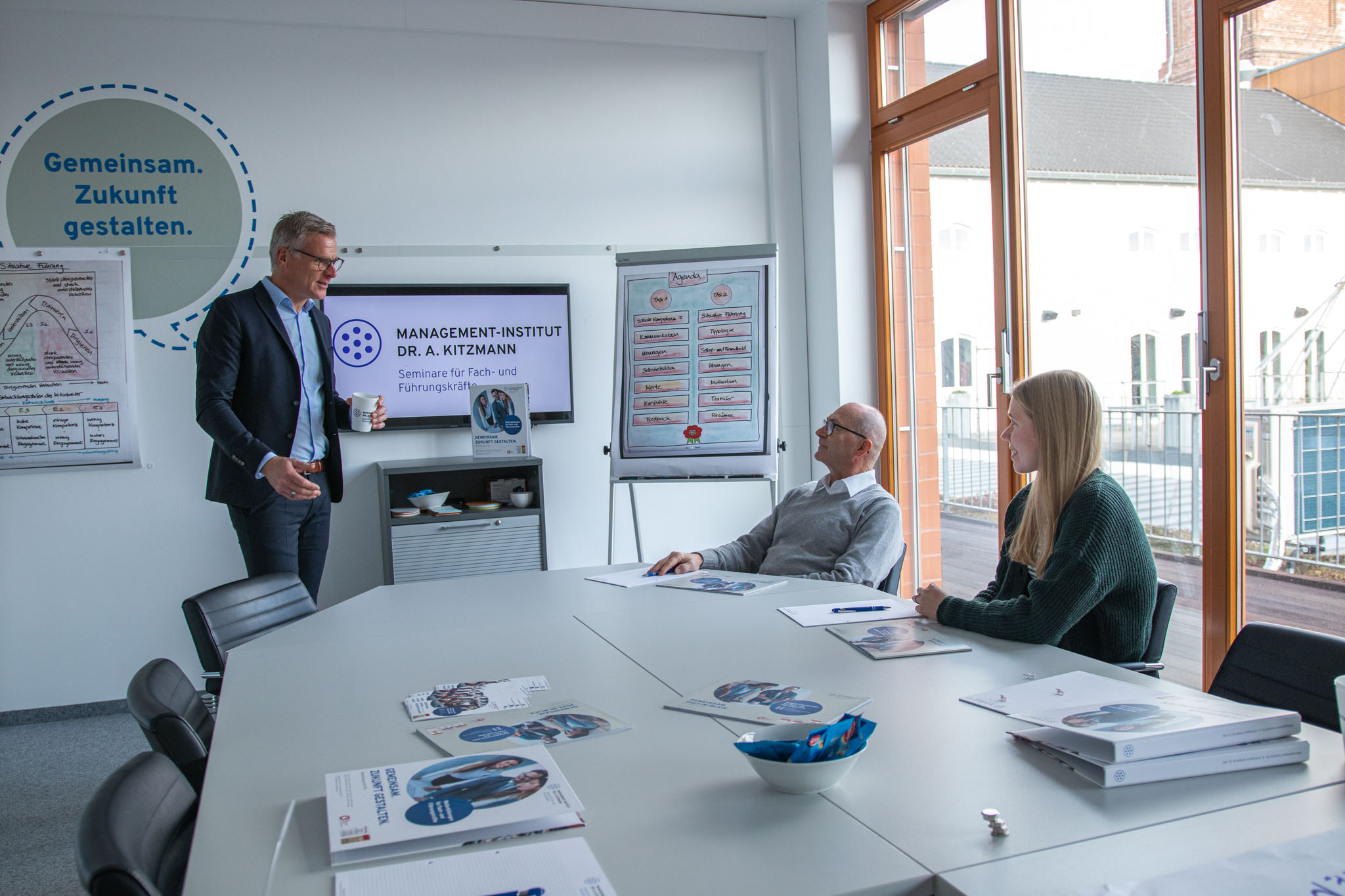
Which agile methodologies are there?

Digitalization, globalization and new work trends are changing the professional world at an increasing pace. It comes as no surprise that solutions are being sought to counter the increasingly rapid changes taking place.
Over twenty years ago, software development in the USA created the need for an agile solution. Because of agile software development, it became possible to increase transparency and flexibility (especially in sub-processes) as well as to minimize risks during development.
Over time, the advantages of agility were also recognized by other business sectors. Today, many companies in various fields worldwide are benefiting from agile practices.
But what exactly does agility entail and which methods are there?
This article gives helpful information on the topic of agility, the background to agile software development and which agile methods are most commonly used today.
What are the foundations of agile approaches?
In 2001, a group of developers published the so-called Manifesto for Agile Software Development, which became the cornerstone for agile project management with its four values and twelve principles. For clarity, agile project management is often used in agile software development, but it can also be implemented in other sectors.
The agile manifesto laid out the values and principles important toagile development. It still serves as a guide for teams that want to apply agile methods to their work.
The four values are:
-
Placing focus on individuals and interactions rather than processes and tools.
-
Working software being be more important than extensive documentation
-
Preferring collaboration with customers over contract negotiations
-
Reacting to change is more important than following a plan.
The twelve principles primarily describe the goals of agile projects - such as impressing customers - and the way in which these goals can be achieved: for example - face-to-face communication as the best method for transmitting information, or by boiling things down to the essentials (simplicity).
What agile methods are there?
From the theoretical specifications of the manifesto, the values and principles, various agile techniques gradually developed in everyday practice in forms of daily standup meetings or timeboxing (fixed time specifications).
Those techniques eventually evolved to what is now known as agile approaches. These form the main structure of agile project management, whereas the values, principles and techniques act as supporting pillars.
In software development there is a wide range of agile methods, suitable for different projects environments. Depending on the requirements of a project, an appropriate method is chosen.
These are the best-known and most frequently used agile methods:
-
Scrum: In recent years, this method has become one of the most popular approaches in project management and is successfully implemented in many companies and organizations. Scrum, like most agile methods, is based on an incremental (growth generating) approach, has a fixed structure, roles, rules and rituals that foster collaboration and communication within the team. The most important roles are played by the product owner, the scrum master and the development team. The so-called sprints specify the timeframe in which a product or a section is to be completed. At the end of each sprint, a sprint retrospective takes place, where the team reports on the work done and considers improvements.
-
Kanban: The Japanese word for "signboard," this agile method uses boards or cards to visualize the project steps and to document progress. Kanban, which was developed back in the 1950s, is mostly used whenever continuous production is required. It helps to increase the efficiency and to make real time adjustments to solve problems before they grow out of control. Kanban is thus popular in a lines of work where changes are inevitable is important to adapt quickly.
-
Lean: Originating in the manufacturing and logistics sectors, lean management is an approach intended to execute projects quick, cost-effective and with a high quality standard. As a result, phases of the project that have no added value for the customer are left out and the ones that do are optimized. Important aspects of the Lean approach are communication and collaboration internally within the team as well as externally with all stakeholders.
-
Extreme Programming (XP): This is a very process-oriented method in which the development of software takes place in small steps, also known as iterations. The iterative (repetitive) approach involves, among other things, gathering customer requirements and making design decisions - then regularly reviewing and adjusting the results.
The most important characteristics of the XP are:
Communication: Constant communication between developers, customers and end users
Feedback: Rapid feedback is highly significant for identifying and addressing any difficulties at an early stage.
Decisiveness: This characteristic is important to make decisions quickly when the situation requires it.
There are a number of other agile methods, which have names such as Crystal, FDD or DSDM. However, these tend to be used less.
Why do we use agile approaches?
Agility means flexibility. With agile methods, unexpected or sudden changes can be better managed. Classic methods are often no longer effective, as they are no longer able to cope with the dynamics of the market.
A change of thinking that is the forming of an agile mindset and restructuring of an enitre business strategy is therefore required in many companies. Ultimately, agility usually has a holistic approach. It affects every level of the company: from the teams as a whole, the individual employees and mindsets down to the entire corporate structure.
Thanks to agile methods in project management, it is possible to streamline processes, accelerate iteration cycles and focus on short-term goals.